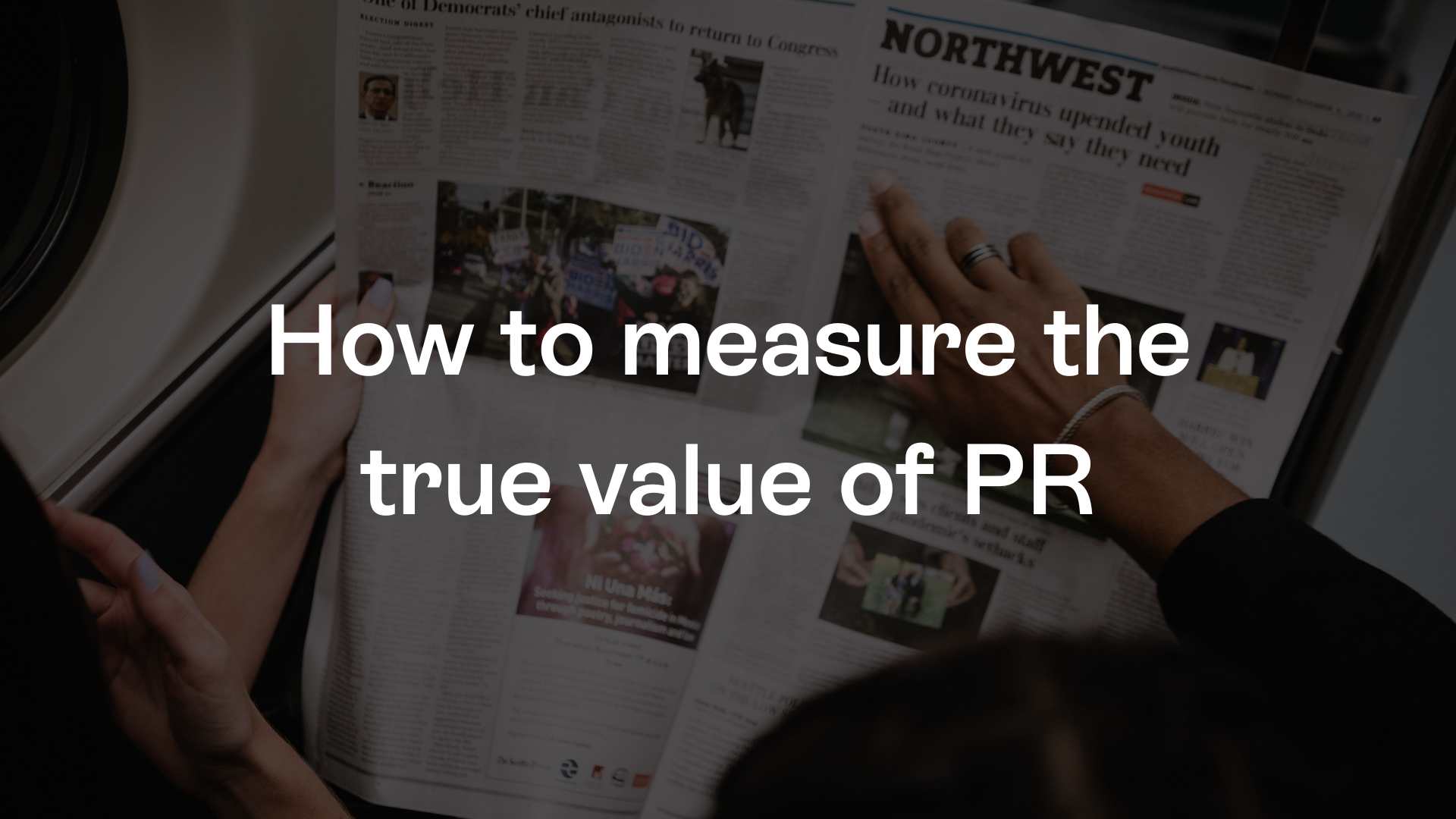How do you deal with a PR crisis on social media?


When big news breaks, it first hits you not as a story or even as a headline, but as a hashtag.
In a world where your business is at the mercy of the social media bandwagon, how do you contain the spread of bad news and handle a potential PR disaster?
When the inhabitants of social media get a whiff of scandal, it can spread like wildfire and often a million memes are born from the ashes.
In 2013, British Gas hiked their prices by 10% but the same day, announced that its customer service director, Bert Pijls, would be answering customer questions on Twitter until 2pm….great idea right? Cue the best of British humour as the Tweets rolled in, using the timing to criticise BG’s price hikes.
Whilst this did show British humour at its best, it also demonstrated corporate thinking at its worst. Not only did BG’s timing fail, it also showed how little they understood about social media and the state of the nation. So if you’re in the middle of a storm on social media, think before you jump in is the lesson here.
But when it comes to your business, there are steps you can take to avoid bad blood. Everybody makes mistakes, and that goes for businesses too – we’ve all said and done things we regret from time to time, but how you handle it from there on out can make a big difference to any potential fallout.
STOP. Don’t react in haste
Social media creates a sense of urgency and it’s all too tempting to try and diffuse the situation before word travels too far, but this can create more problems than it solves.
If there’s panic in the air, you might not be thinking straight and can easily say something that ignites the situation. Step away, take a breath, and honour a vow of silence until you’ve agreed an official response with ideally a) your senior staff and b) your PR or social media team.
Judge the situation before you address comments
Different problems call for a different protocol. For example, say your website has crashed and customers can no longer access what they need – this is time for helpful responses. Have someone monitor the activity on social media and reply to individual customers with an update on the situation. Always try to include a realistic timeline – don’t promise things will be back up and running in 20 minutes if it might be hours, or even days, and only use light-hearted language if the situation calls for it.
Alternatively, if an employee has said something inappropriate online that is causing a stir and the business is being called to respond, replying to individual comments risks fuelling the fire. If individual responses are not actively helpful, it’s best to wait until a wider statement is ready to be issued.
If the fault is with you, don’t deny it
When it comes to issuing an official response, try not to shirk responsibility or place the blame on others. Often when we’ve done something that causes offence or upset, it’s completely unintentional and usually more misguided than anything else. But just because you didn’t intend any harm doesn’t mean there’s no need to apologise.
When responding to negative remarks, it’s always better to be humble and take responsibility for your part in the problem – you’ll have a much better chance of redeeming yourself if you can recognise an issue and address it head on.
When KFC ran out of chicken in 2018, their admittance and apology statement helped keep them in the public’s good graces:

Consider a change
Often when we make a complaint, all we really want to see is that something is going to change. If someone has experienced poor customer service, you might look into improved staff training. If your latest advertising campaign has missed the mark, you may want to consider pulling back the ads and revising the campaign.
In many cases when a customer is dissatisfied and speaking out, the situation can be alleviated if you are seen to be taking action in response.
Have a crisis comms plan in place
With all of this being said, the best way to handle a social media backlash is to have a plan in place before the situation occurs. Consider the possible areas that might cause a problem in your business and put together a protocol for everyone to follow should any issues arise, publicly or privately.
A good PR agency can help you with putting a crisis comms plan together and it means that should the worst happen, you’ll be that much further ahead of the game.
Continue reading

PR retainer vs ad hoc campaigns: why commitment is key
Shocker – a PR agency is talking about the benefits of being a retained client, as opposed to working on an ad hoc basis. It’s a bit like when you buy a new sofa and the eager sales person promises you a lot more bang for your buck when you buy the “protector”. We all … Continued

Ding Dong! December 2025
It’s the start of a bright new year and although most of the Front Door Communications team are currently made up of two-parts cheese and one-part Toblerone, we’re back in business and ready for whatever 2026 brings. There’s something about January that makes you want to put on the blinkers and stare straight ahead into … Continued

Ding Dong! It’s November 2025
The festive season is not even upon us and yet here at the Front Door Communications team we have been up to our eyeballs in Christmas cheer this November. Never before has there been so much turkey-tasting, choir-carolling action this early in the office calendar. And while some members of the team are rolling with … Continued

How to measure the true value of PR
How to measure the true value of PR Measuring the impact of PR has historically been a difficult task for marketers. While it’s always lovely to see press coverage in all its glory, it’s just as important to know what this actually means for your business and if it’s driving the right kind of results. … Continued

